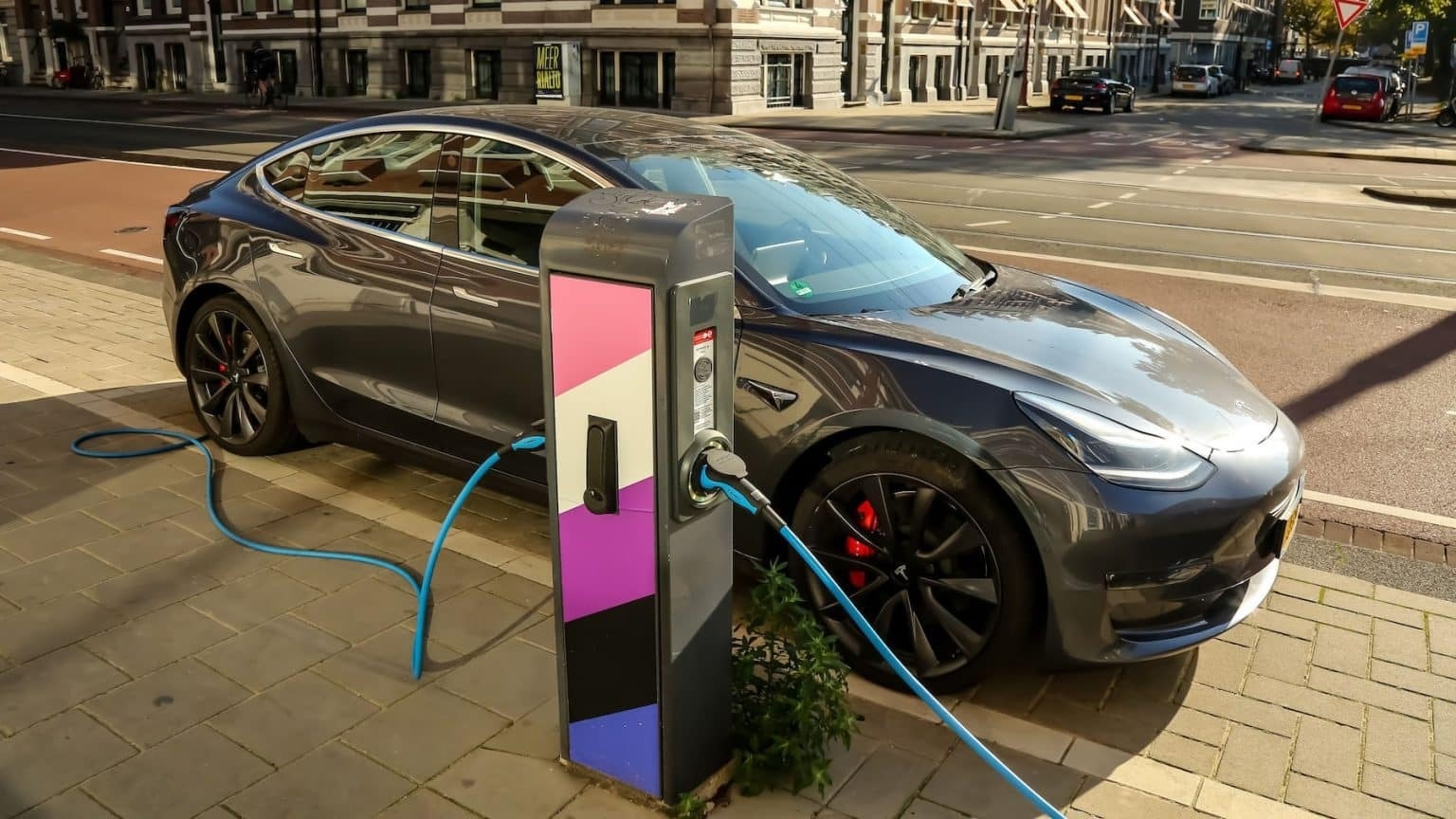North Carolina State University scientists have devised a dynamic computational tool to aid in improving user access to electric vehicle (EV) charging stations, to make EVs more appealing to drivers.

Image Credit: Rick Govic.
We already know that there is a need for EV charging networks that are flexible, in order to support the adoption of EVs. That’s because there is tremendous variability in when and where people want to charge their vehicles, how much time they can spend at a charging station, how long it takes to charge their vehicles, and so on.
Leila Hajibabai, Study Corresponding Author and Assistant Professor, Fitts Department of Industrial and Systems Engineering, North Carolina State University
Leila Hajibabai adds, “The fundamental question we wanted to address with this work is: What is the best way to manage existing charging station infrastructure in order to best meet the demands of electric vehicle users?”
The researchers intended to address that issue from the user's standpoint; therefore, they concentrated on issues that are essential to EV drivers. How much time will it take to get to a charging station? How much does it cost to use the charging station?
They also concentrated on issues like how long will the driver have to wait for a charging station, and the penalties for lingering longer at a charging station.
The researchers devised a method for accounting for all of these elements in a complex computational model based on a game theory framework.
The technique accomplishes two goals. First, it assists users in locating the nearest charging station that satisfies their requirements. Second, it contains a dynamic system that charging station operators may utilize to determine how long vehicles can stay at a charging station before being replaced by the next vehicle.
These outcomes are themselves dynamic—they evolve as additional data comes in about how users are making use of charging facilities.
Leila Hajibabai, Study Corresponding Author and Assistant Professor, Fitts Department of Industrial and Systems Engineering, North Carolina State University
For instance, based on whether any spaces are available, a user's nearest available charging station may change. Furthermore, the length of time customers may spend at a charging station may vary from day to day to reflect how people utilize different charging facilities.
There’s no clear real-world benchmark that we can use to assess the extent to which our technique would improve user access to charging facilities. But in simulations, the technique did improve user access. The simulations also suggest that flexibility in when charging station slots are available was a key predictor of which stations users would visit.
Leila Hajibabai, Study Corresponding Author and Assistant Professor, Fitts Department of Industrial and Systems Engineering, North Carolina State University
Leila Hajibabai concludes, “A next step would be to work with existing charging station networks to pilot the technique and assess its performance in a real-world setting.”
Journal Reference:
Hajibabai, L., et al. (2022) A Game-Theoretic Approach for Dynamic Service Scheduling at Charging Facilities. IEEE Transactions on Intelligent Transportation Systems. doi.org/10.1109/TITS.2022.3212017